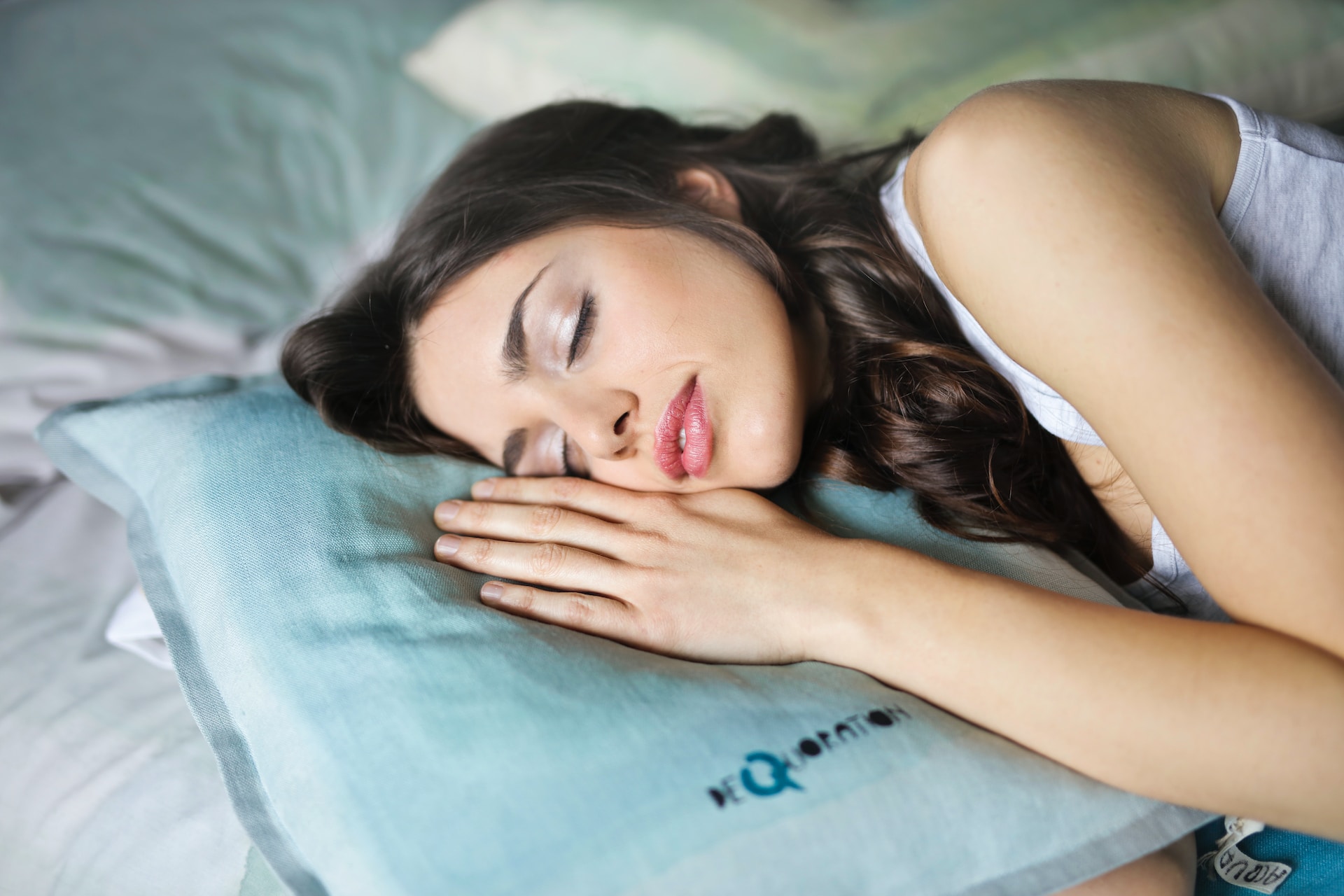
Concussions can be accompanied by a range of symptoms for the concussed person.
Changes in sleep are reported quite frequently in the patients I treat and manage for concussions. Patients report sleeping more than normal, sleepling less than normal, difficulty falling asleep, and/or waking more than normal during the night. Good, quality, restorative sleep is incredibly important to best recovery from a concussion. When sleep is disrupted due to a concussion, a viscious cycle of poor sleep and slower symptom improvement can result.
Strategies for best sleep are discussed with every concussed patient I treat. These strategies come from resources ranging from concussion specialists, sleep specialists, functional and integrative medicine specialists. Following these guidelines, particularly in the initial stages of injury, while symptoms are present, and when sleep is affected can significantly help provide better sleep for recovery.
Every concussion is different, and should have an individualized treatment plan. Working with a healthcare provider with education and experience in the evaluation and management of concussions helps significantly in creating a treatment approach specialized to a patient.
The athletic trainers and physical therapists treating concussions at OSI are committed to providing the best treatment and management for concussions with personalized recovery plans. We work very closely with physicians specialized in concussion management. We would love to assist you with recovery and healing from your concussion. Don’t hesitate to contact us to discuss how we may be able to help you in returning to your regular activities in life symptom-free and feeling better!
– Steph
FREE PHONE CONSULTATION: (651) 275-4706